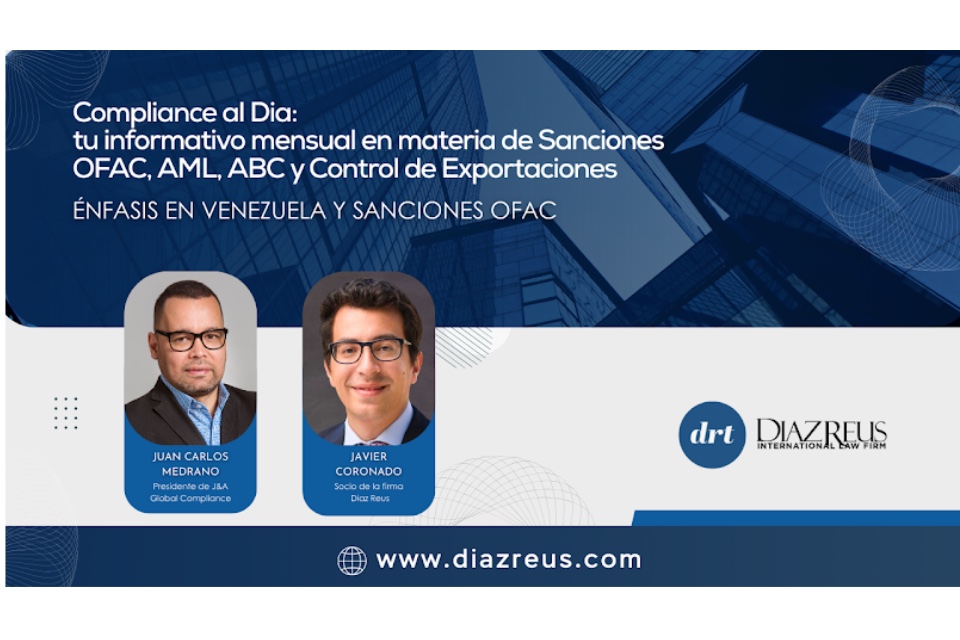Excerpt: Latin America’s “Culture of Corruption”
The notion that there is a “culture of corruption” in Latin America has led some writers to note that decades of unstable economies and turbulent politics in the region have undermined the rule of law and given birth to a view that corruption, or rather that acts deemed to be corrupt from an outsider’s perspective, are merely a part of quotidian life and an additional cost of conducting business in the region. Such a view of corruption brings to mind the much-criticised (non-Latin) Chinese cultural practice of guan-xi, which literally means “relationships” or “connections” and translates in business to exchanging gifts or favours—a traditionally gracious practice that nonetheless often steps into the realm of what is popularly perceived as unlawful corruption.
The argument that corruption is merely part of the Latin American culture, and an unavoidable part of doing business in the area, however, holds little sway in advocating that nothing should be done to punish and deter the practice. As Latin American economies increasingly mesh with the rest of the world, important transactions are now rarely conducted exclusively within the confines of any one country. The costs of corrupt practices are thus increasingly borne by a diverse set of interest groups, including widely dispersed foreign investors as well as the international financial institutions involved in cross-border transactions. A common business practice of “gifting” can quickly turn into a complex scheme of international money laundering involving misappropriated public funds, at least from the perspective of regulators and law enforcement.
To read the complete chapter, download this PDF. Overview of Business Crime in Latin America.
This article appeared in the 2014 edition of The International Comparative Legal Guide to: Business Crime; published by Global Legal Group Ltd, London. Access all chapters of the Comparative Legal Guide to Business Crime 2014 online.













